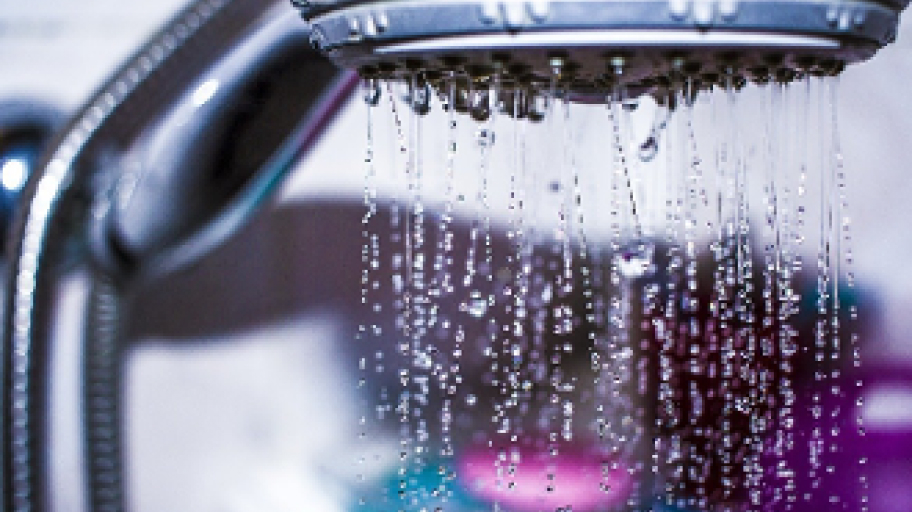Water heaters are unsung heroes of our daily lives, providing hot water for showers, dishwashing, laundry, and more. Yet, they often go unnoticed until a problem arises. Regular maintenance is key to ensuring your water heater operates efficiently and lasts for years without costly repairs. Here are some essential water heater maintenance tips to keep your water heater in top condition:
Tips for Efficient and Long-Lasting Water Heater Performance
- Regular Inspections: Schedule regular inspections of your water heater to catch any signs of wear and tear early. Check for leaks, corrosion, or unusual noises, as these can indicate underlying issues that need attention.
- Temperature Adjustment: Set your water heater’s temperature to the manufacturer’s recommended setting, typically around 120 degrees Fahrenheit (49 degrees Celsius). Higher temperatures not only waste energy but also increase the risk of scalding accidents.
- Flushing the Tank: Over time, sediment buildup can occur at the bottom of the tank, reducing heating efficiency and potentially causing damage. Drain and flush the tank at least once a year to remove sediment buildup. Follow the manufacturer’s instructions or consult a professional plumber for guidance.
- Pressure Relief Valve Testing: The pressure relief valve is a crucial safety feature that releases excess pressure from the tank to prevent explosions. Test the valve annually by lifting the lever briefly to allow water to flow through. If the valve does not operate smoothly or if water continues to flow after releasing the lever, it may need to be replaced.
- Inspect Anode Rod: The anode rod is a sacrificial component designed to attract corrosive elements in the water, protecting the tank from rust and corrosion. Inspect the rod annually and replace it if it shows signs of heavy corrosion or if it’s less than half an inch thick.
- Check for Leaks: Inspect the area around your water heater regularly for signs of leaks, such as puddles of water or dampness. Address any leaks promptly to prevent water damage and mold growth.
- Insulate Pipes and Tank: Insulating hot water pipes and the water heater tank can help reduce heat loss and improve energy efficiency. This is especially beneficial for older water heaters or units located in unheated areas such as basements or garages.
- Annual Professional Inspection: Consider scheduling an annual maintenance service with a qualified plumber to thoroughly inspect your water heater. A professional can identify potential issues early on and perform any necessary repairs or adjustments.
- Keep Area Clear: Ensure that the area around your water heater is clear of clutter and debris. Adequate airflow is essential for proper ventilation and combustion, especially for gas-powered water heaters.
- Know When to Replace: Despite proper maintenance, water heaters have a finite lifespan. If your water heater is more than 10-15 years old or if you notice frequent repairs, it may be time for a replacement. Newer models are often more energy-efficient and come with advanced features for improved performance.
By following these maintenance tips, you can prolong the life of your water heater, improve its efficiency, and save money on energy bills. Remember, a little preventive maintenance goes a long way in ensuring a reliable supply of hot water for your household needs.



Recent Comments